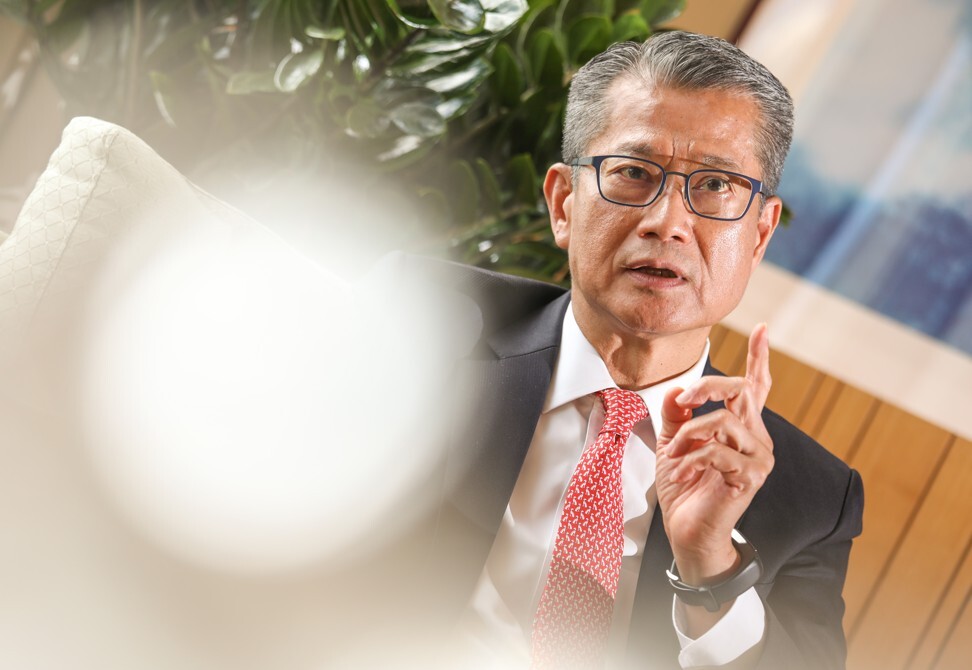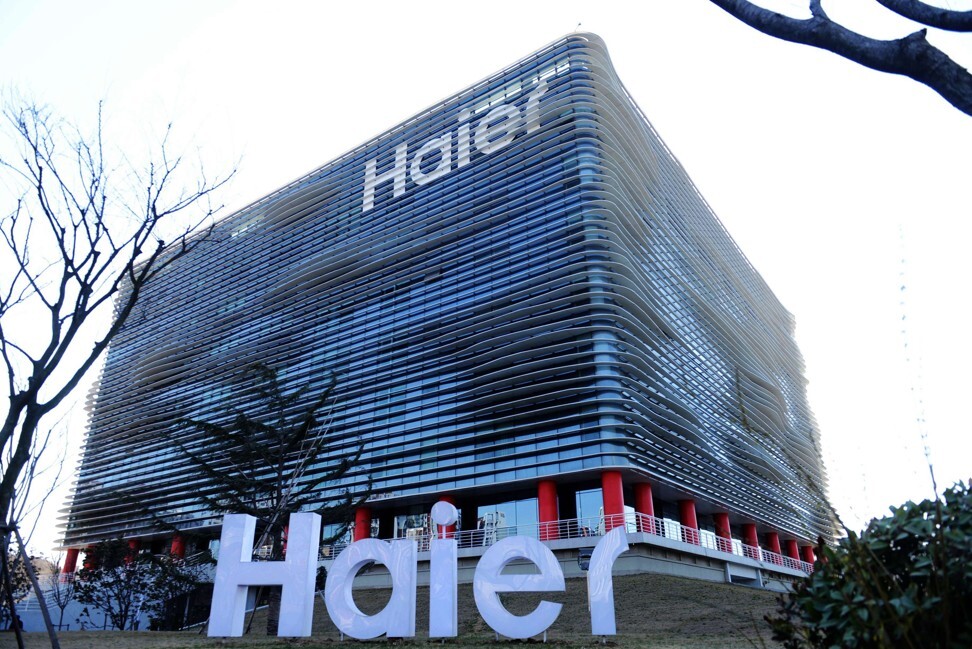
Hong Kong businesses step up M&A deals by latching on to China’s economic rebound
- M&A deals have reached US$35.9 billion mergers this quarter through September 25, a 102 per cent jump over the preceding quarter
- CP Pokphand Co’s US$4.1 billion proposal to buy 43 related companies involved in mainland pork-related business is the biggest deal
Deals involving Hong Kong companies have reached US$35.9 billion through September 25, according to data compiled by Refinitiv. They are 102 per cent higher than in the preceding quarter, when transactions slumped to a seven-year low.
“Companies and their bankers have become used to adopting digital methods to negotiate deals online,” said Tom Chan Pak-lam, chairman of the Hong Kong Institute of Securities Dealers. “It suggests the worst is over and we are likely to see more M&A and economic activities in the fourth quarter.”

Seven of the 10 biggest deals this year have been cobbled during the current quarter, Refinitiv data showed, underscoring the appetite for large-value transactions.
Hong Kong-listed animal feed producer CP Pokphand Co’s 28 billion yuan (US$4.1 billion) deal to entrench itself in the pork-related industry in mainland China ranked as the largest of them.
Under a September 14 proposal, it will buy 43 companies from Chia Tai Animal Husbandry Investment with breeding, farming, slaughtering and processing facilities in 22 provinces. Both parties are part of the Charoen Pokphand Group controlled by Thai billionaire Dhanin Chearavanont.

The US$3.42 billion offer in July by Haier Smart Home of China to privatise Haier Electronics Group ranked as the second largest. The plan will allow Haier Smart Home to assume its listing status in Hong Kong.
China Evergrande rounded up the top three deals this quarter. In August, it agreed to sell 28 per cent of its property management arm Mangrove 3 for 21 billion yuan to investors including a unit of Tencent Holdings and Agricultural Bank of China.
In perspective, M&A deals remain far from the level of transactions seen in recent years. The year-to-date total of US$73.1 billion involving Hong Kong-based companies is about one-fifth lower than a year ago.

“If decoupling talks continue to escalate, we will be seeing a stronger trend of M&A activities in the fourth quarter, mainly caused by US importers moving their production facilities out of China,” he added. “The obvious reason is to control import costs.”

